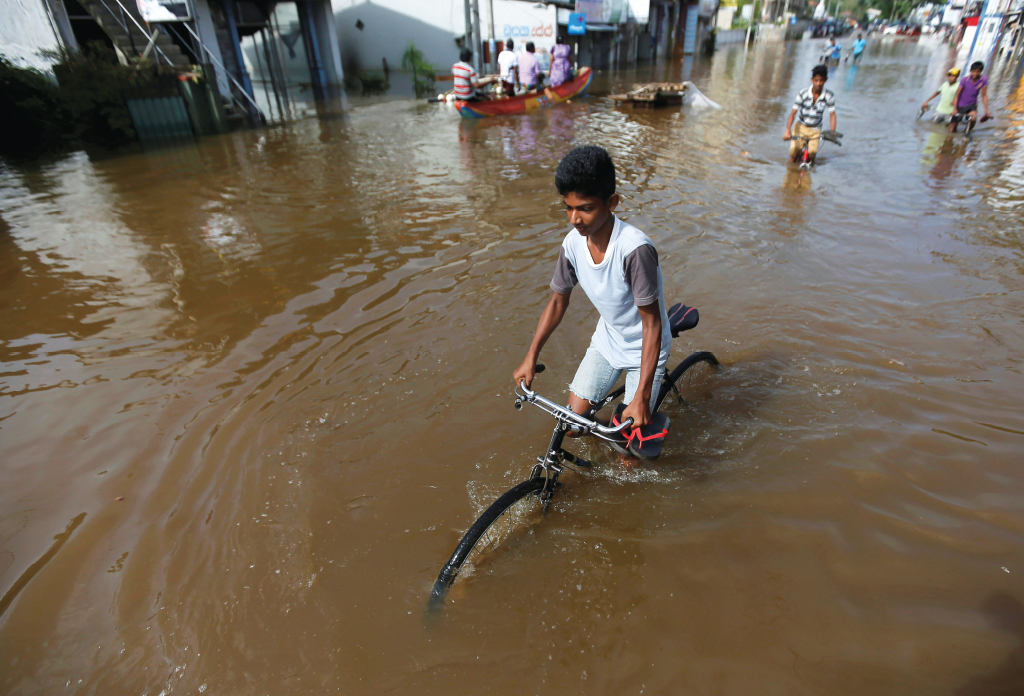
Doubts don’t cloud the climate change issue. They are the issue.
Protecting the environment is more than a scientific and technological challenge. It requires new ways of thinking about policy, politics and our established models of governance and judicial oversight. This is the perspective we bring to sustainability at the Munk School as we explore promising solutions and their potential benefits for the diverse array of stakeholders who share this planet.
Education
In
Action
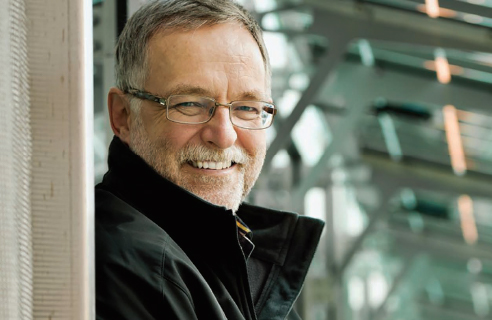
School of Sustainability
Many universities are not only placing more emphasis on education and research in the area of sustainability but are also adding explicit green goals to their operating strategies. Few schools, however, have committed at the executive level to fully integrating academic and operational sustainability, transforming their campuses into working models of sustainable research, teaching and day-to-day practices.
Recognizing the important role that educational institutions can play in this broader social transition, U of T President Meric Gertler has appointed Prof. John Robinson of the Munk School as presidential advisor on the environment, climate change and sustainability. In this newly created role, Prof. Robinson has unveiled an innovative plan to turn the three U of T campuses into a “living laboratory” for researching, implementing, testing and refining a wide range of sustainability practices.
The plan calls for 1,000 students to tackle sustainability projects on campus, working with U of T staff. Another 5,000 will pursue similar initiatives in the wider community, collaborating with public and private partners. Potential projects will be as diverse as students’ areas of study – because while the sciences may have more obvious links to sustainability issues, the humanities bring vital insights as well. “How we think about the world is in some sense the deep sustainability question,” Prof. Robinson explains. “Literature and fine arts have struggled with that question forever.”
After assembling a list of all courses that touch on some aspect of sustainability – from civil engineering to medieval literature – the University will publish a catalogue offering potential pathways for students interested in environmentally focused studies. In addition, Prof. Robinson is exploring the living laboratory concept in a joint undergraduate and graduate course offered through the Munk School and the School of the Environment. Prof. Robinson and three colleagues have also received approval in principle to help develop several courses within the Faculty of Arts & Science aimed at deepening student engagement in this innovative approach to sustainability studies.
“How we think about the world is in some sense the deep sustainability question.”– Prof. John Robinson
Research
Leadership
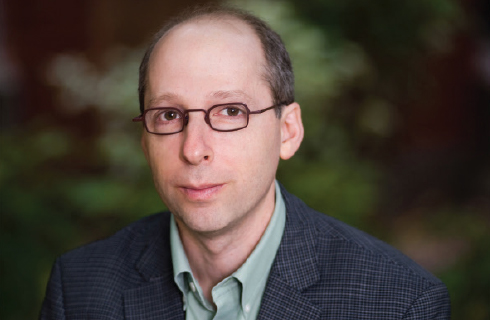
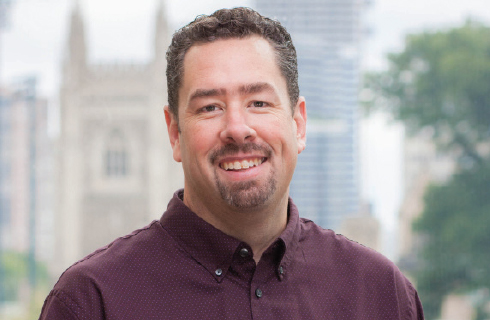
Less Carbon This Way
The daunting political puzzle created by climate change is the focus of Transformative Policy Pathways to Decarbonization, a six-year project spearheaded by the Munk School’s Environmental Governance Lab. Funded by the Social Sciences and Humanities Research Council of Canada, the project marked its halfway point in 2016 by producing a wide array of research insights.
Topics illuminated by the project’s researchers include: how cities enact carbon action plans and participate in transnational networks; efforts by North American states and provinces to link renewable energy targets, emissions trading systems and carbon tax policies; the development of national goals for carbon neutrality and renewable energy industries; and how companies and NGOs have joined forces to promote smart grids, carbon accounting and clean technology deployment across international borders.
The project has yielded five new case studies in the past year, for a total of 10 to date. The research team has also produced a number of working papers and the first scholarly publications related to the initiative. An article in Global Environmental Politics, for example, focused on The Carbon Trust and the fact that its product labelling program failed to change consumer behaviour but has nevertheless prompted many companies to embrace low-carbon supply chains and production processes.
Taken together, these activities have significantly raised the visibility of Transformative Policy Pathways to Decarbonization in academia and among policy-makers. Stakeholders such as the Government of Ontario and the MaRS Discovery District have responded with requests for more information and invitations to exchange ideas and collaborate. This widening interest is expected to intensify throughout the second half of the project, as the team produces additional case studies, insights and publications.
Cities at Risk
What is the impact of climate change on cities – not just on people and physical infrastructure, but on the mechanisms of municipal finance and governance? And equally important, how can city governments mitigate or adapt to dramatic environmental change? The Institute on Municipal Finance and Governance (IMFG), based at the Munk School, made questions such as these the focus of its research efforts in the past year.
The result is a pair of influential IMFG publications: Prof. Sara Hughes, in a paper entitled “Reducing Urban Greenhouse Gas Emissions: Effective Steering Strategies for City Governments,” reviews the strategies of Toronto, New York and Los Angeles – three cities that are seen as leaders in reducing GHG emissions. And in “Climate Change, Floods and Municipal Risk Sharing in Canada,” University of Waterloo professors Daniel Henstra and Jason Thistlethwaite look at tools that cities can use to reduce their exposure to extreme weather events.
Public
Engagement
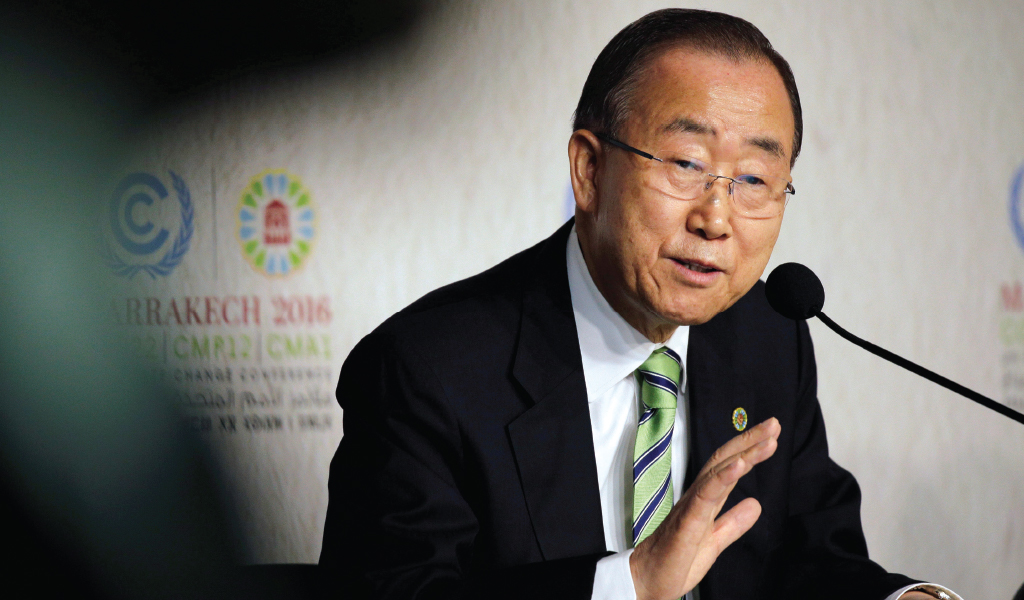
Aiming for Goals
“We don’t have a plan B, because there is no planet B.” This famous remark by United Nations Secretary-General Ban Ki-moon – shared at the COP22 climate change conference at Marrakesh in 2015 – inspired member nations’ subsequent endorsement of the UN’s Sustainable Development Goals, which define clear objectives for addressing the global environmental crisis. The governance challenges presented by the goals have been the subject of much international discussion and are a key focus for the Munk School’s Environmental Governance Lab. Prof. Steven Bernstein produced a series of briefs that informed the UN policy-making process. He also contributed to the 2017 book Governing through Goals, the first comprehensive analysis of goal-based global governance.
“We don’t have a plan B, because there is no planet B.”– United Nations Secretary-General Ban Ki-moon, 2015

